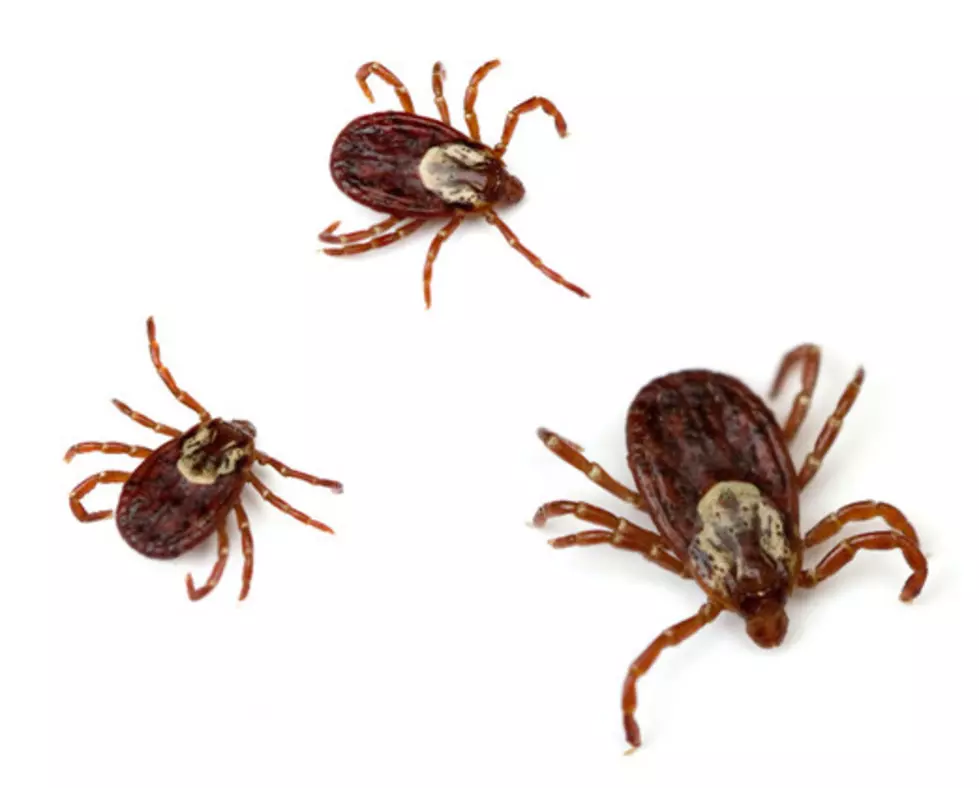
Surprise! NJ still has to worry about ticks during winter
Now that it’s winter you might assume New Jersey’s tick population has died out and threat they pose to people and animals has been put on hold until the spring.
Think again, said Pat Smith, president of the Lyme Disease Association, which is based in Jackson.
“Depending on the type of tick, it can survive in the winter and attach on people. Most ticks that we know about in our region do survive over the winter,” she said. “The deer tick, the lone star tick, the American dog tick — they all winter over.”
She said the deer tick is the one most likely to bite you during the winter but scientists haven’t ruled out other ticks biting you as well.
That means people who spend time in the outdoors should continue to do tick checks in the winter months.
Smith said many people are aware the deer tick carries Lyme disease, but we also need to be concerned about the Lone Star tick, which transmits a disease called Stari, which is similar to Lyme.
The Lone Star tick can also cause paralysis.
“If the tick bites you and you don’t know it, you can slowly become paralyzed and the only way of stopping it is if someone finds the tick and removes the tick,” she said.
Another tick that causes big problems is the American dog tick, which transmits Rocky Mountain spotted fever. Symptoms can also include paralysis as well as fever, nausea, skin rashes, headache, and pain in the abdomen, joints and muscles. If left untreated, it can be deadly.
“All of the ticks are hiding to some degree in the winter. They may be hiding under leaf debris. Even if it snows that doesn’t make any difference," Smith said.
Smith pointed out a layer of snow will insulate ticks. Other ticks will make a winter home in animal fur.
“You never know where you’re going to find ticks in the wintertime and you do have to be careful. You can’t just think: Well, these ticks died. They didn’t; they may come out and bite you or your animal or your child.”
More From 94.3 The Point









